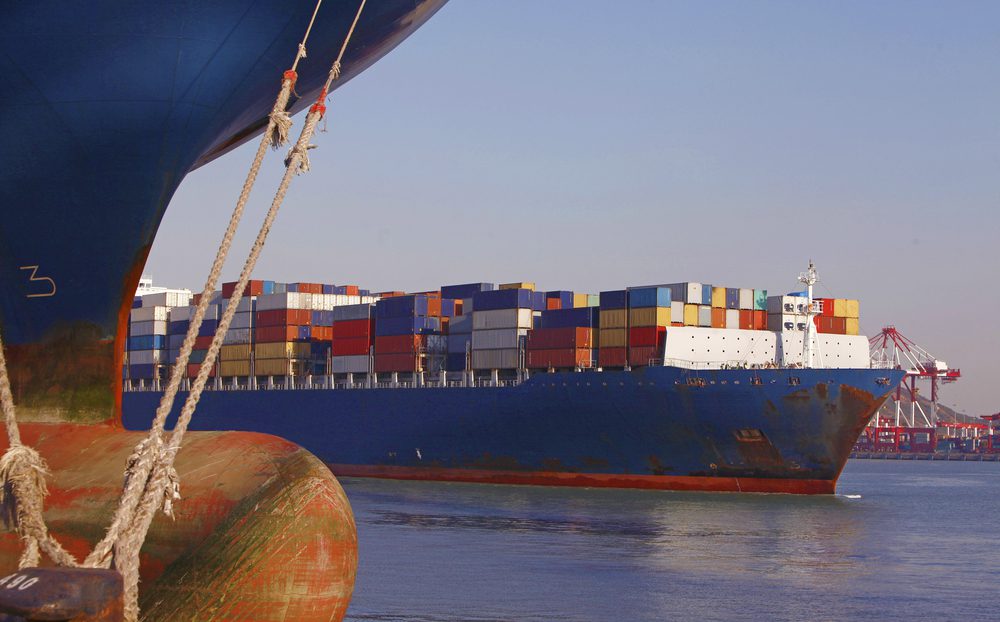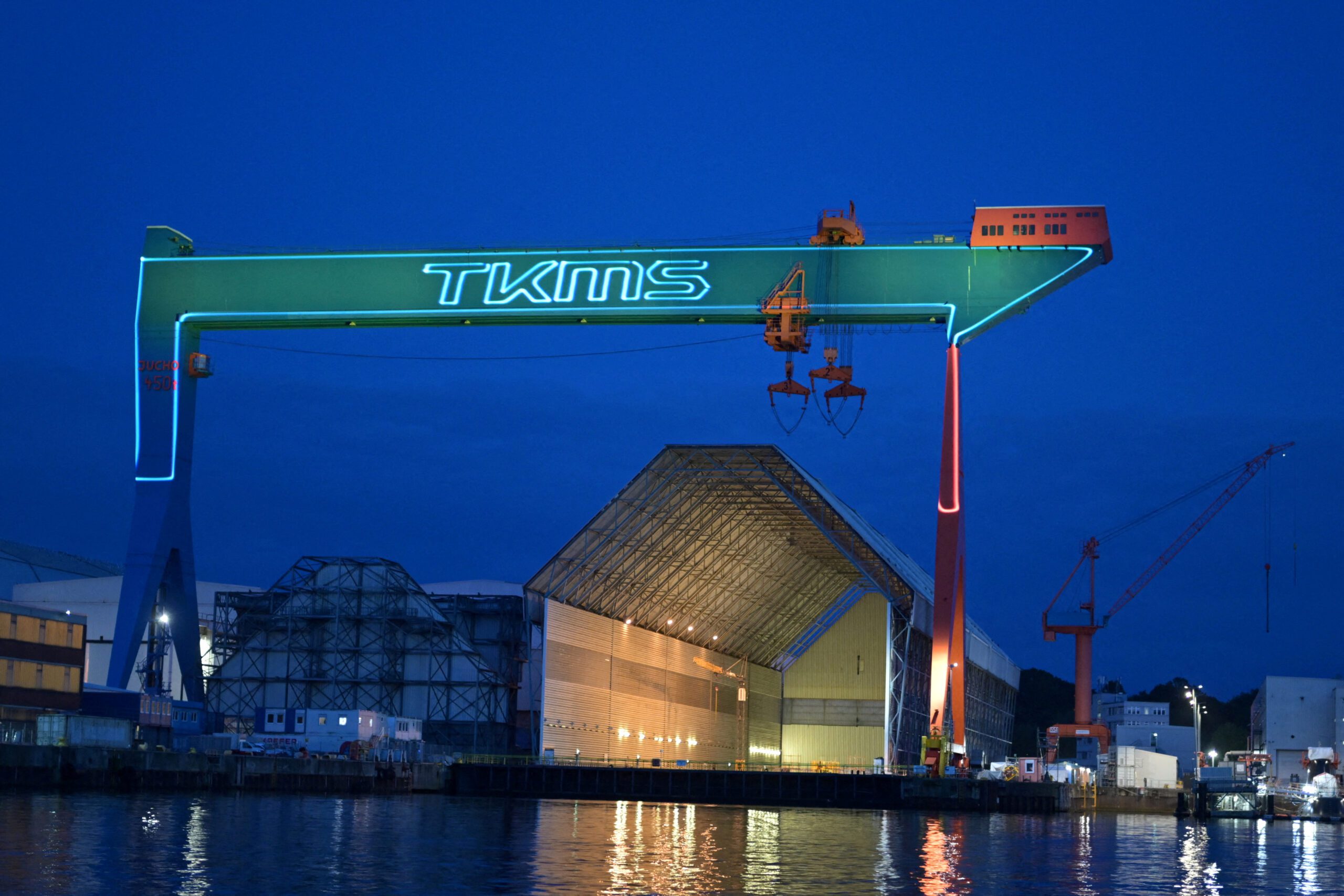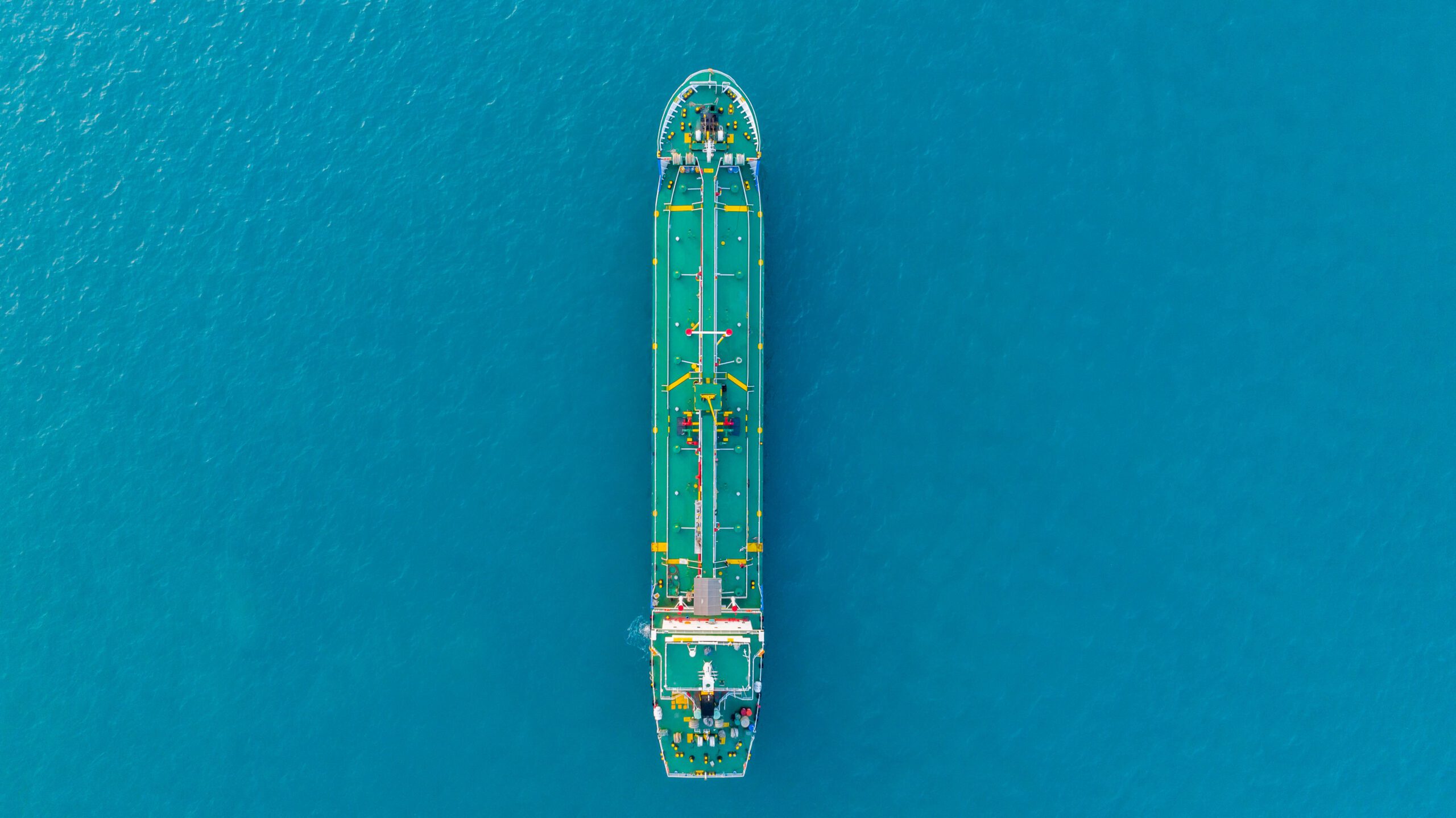By Mike Wackett (The Loadstar) –
Greece-based non-operating containership owner (NOO) Danaos recorded another strong result in the third quarter, posting a net profit of $143m from turnover of $239m.
And, in contrast to its ocean carrier customers, the short- and mid-term outlook for Danaos remains profitable, underpinned by its portfolio of unexpired long-term charters.
However, the NOO sees “a lot of uncertainty, going forward” in the container markets, which perhaps explains why the company has recently diversified into the bulk sector, acquiring seven capesize dry-bulk carriers.
Despite a significant softening in the containership charter market, NOOs are continuing to benefit from the high daily hire rates and extended charter periods achieved during the peak demand years.
During Q3, Danaos’s fleet of 68 container vessels, ranging in size from 2,100 teu to 13,100 teu, was chartered to liner shipping companies including CMA CGM, MSC, Maersk and Yang Ming.
CMA CGM is Danaos’s biggest client, the French carrier chartering 20% of its capacity – in terms of teu-weighted remaining duration of charter party.
Overall, Danaos has a contracted charter backlog of $2.5bn through to 2028, an average charter duration of 3.2 years and a fleet utilisation coverage of 100% this year and 90% for 2024. It also has newbuild orders for ten methanol-ready ships of 6,000-8,000 teu, slated for delivery from Q3 24, six of which already have long-term charters in place.
While acknowledging that the profitability of its customers had “dramatically decreased”, CEO John Coustas expressed confidence in “the resilience of our business model” – contractually binding charter party agreements normally signed at a fixed daily hire rate and duration.
However, cost-cutting measures are high on the agenda for ocean carriers now struggling with stubbornly low freight rates – with sky-high containership charter hires at the top. Daily hire rates for box ships soared to record levels during the high-demand and congestion-plagued years following the pandemic, but rates and terms have normalised – albeit at levels higher than historical averages for the larger sizes.
But Dr Coustas said he did not anticipate any charter party defaults – which, even in the history of liner industry downturns, have been remarkably few. He said: “Liner companies are still very cash-rich.”
Nevertheless, The Loadstar’s broker contacts report an increase in the number of ‘re-lets’ coming onto the market, charterers endeavouring to mitigate daily hire rates for now-surplus capacity by sub-chartering ships to a third party, usually at lower rates.
Moreover, where carriers still require capacity but need to reduce operating costs, broker sources report an increasing number of ‘amend and extend’ charter re-negotiations, agreements to reduce daily hire rates in return for an extension of the time period.
Dr Coustas said Danaos had so far not had any such requests, but would not rule out the option in the future.
“For companies like us that are practically debt-free, all these deals are beneficial as they increase our earnings visibility for the future,” he said.
The Loadstar is known at the highest levels of logistics and supply chain management as one of the best sources of influential analysis and commentary.

 Join The Club
Join The Club











